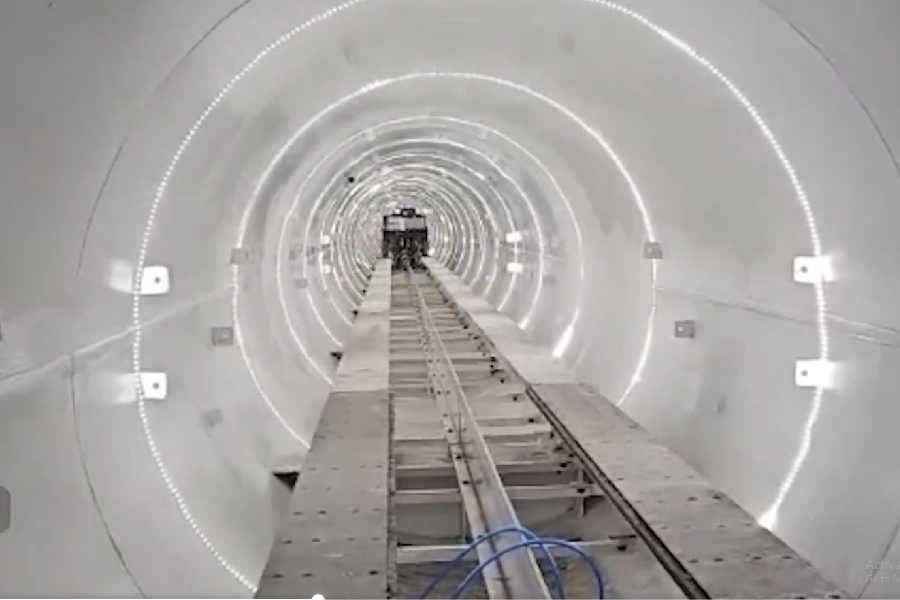The Union cabinet is set to consider a new industrial policy that envisages a long-term lease of land and easier hire-and-fire policies in labour.
The new policy will streamline the single-window clearance system and integrate the economy to a global supply chain, besides enabling more jobs.
Industry went through a lean patch in November, reporting just 0.5 per cent growth, the lowest in 19 months even as leaked jobs data showed the unemployment rate to be at a 45-year high of 6.1 per cent between July 2017 and June 2018, which has been refuted by the government.
Another thrust of the policy is on ease of doing business, on which criterion the country is ranked number 77 among the 190 countries assessed by the World Bank.
“The policy has been finalised after inter-ministerial consultations and will be taken up by the cabinet in the coming days,” a senior commerce ministry official said.
Companies would be allowed to take up land and equipment on a long-term contract to lower costs and reduce the time of setting up operations.
Units located in industrial clusters may be able to share the infrastructure.
It would provide for single-window clearances at the central level and in the states where the industrial zones are being created. Environmental clearances will be eased.
The government will permit self-certification for many processes, including labour standards.
The policy permits easy hire-and-fire policies and has proposed higher minimum wages and availability of medical facilities for workers, including health clinics for workers in MSMEs.
Officials said the policy would focus on several areas to encourage innovation, simplify the taxation system and address new challenges of the manufacturing sector. It would also be aligned with the government’s flagship programmes such as Make in India, Skill India, Start-up India and the foreign direct investment policy.
The government has reduced the allocation for Startup India in the interim budget but added more funds to the Make in India kitty.
According to the budget documents, the allocation for the Startup India programme has been slashed to Rs 25 crore for 2019-20 from the revised estimate of Rs 28 crore made in 2018-19.
The industrial policy will aim to harness existing strengths in sectors such as automobiles and auto-components, electronics, new and renewable energy, banking, software and tourism, and create globally scaled-up and commercially viable sectors such as waste management, medical devices, renewable energy, green technologies and financial services to achieve competitiveness.
The policy will also push for reforms to enhance labour market flexibility with an aim for higher job creation in the formal sector and performance-linked tax incentives.
The officials said the policy would try to address the huge difference between industrial electricity tariffs, which are among the world’s highest, and low, subsidised consumer tariffs. It will also moot proposals for direct transfer of benefits in case states or the Centre wishes to subsidise the electricity for the poor.
A time frame for the implementation will be decided, taking into consideration the changing economic and business cycles of the world and the Indian economy, geopolitical trends and broad policy directions in the country.
India had its first industrial policy in 1956 with its successor coming into effect only in 1992. The new policy will be the third since Independence which would address the new needs of industry and the demands of the future.
The latest budget has reduced the cumulative allocation for the department of industrial policy and promotion (DIPP) to Rs 5,674.51 crore for 2019-20 against the revised estimate of Rs 6,140.23 crore made in 2018-19.











